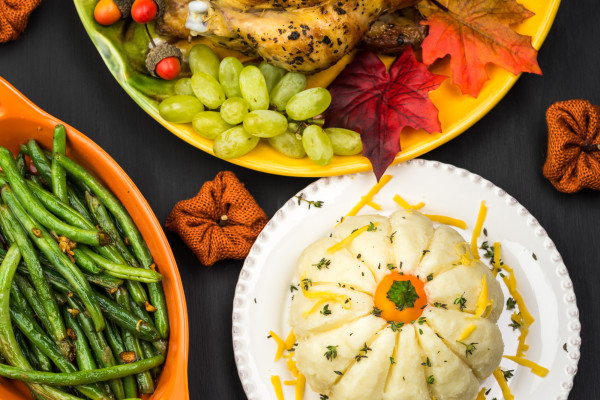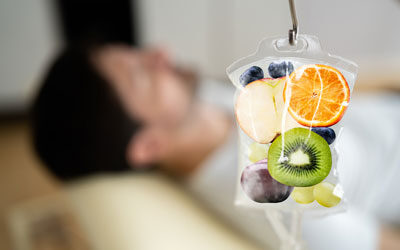Written by Dr. Mara S. Kevan, DACM, L.Ac., Dipl. Ac.
With the fall cold-flu season coming and the continued spread of COVID-19, it is an imperative time to discuss immunity. One of the most important concepts that I like to instill in patients is the value of prevention. Four areas to focus on to prevent infection are tonic herbs, diet, sleep, and sunlight.
IMMUNE BOOSTING HERBS
- Echinacea: infection prevention and for the acute phase of infection.
- Astragalus: infection prevention. Stop taking during the acute phase of infection.
- Ginseng Root: boosts immune system and energy.
- Elderberry: infection prevention, antiviral activity & enhances cytokine production.
- Medicinal Mushrooms: infection prevention. It is best to start taking them a couple of months prior to the cold-flu season. Examples: reishi, shitake, maitake, lion’s mane, cordyceps. Preferred formulas combine four or more mushrooms.
I also recommend an anti-viral herbal tea to include quercetin and shikimic acid. These are used to prevent and treat the H5N1 influenza virus and all the known strains of the influenza virus. A custom tea includes Chinese Star Anise and is truly a preventive formula, blocking COVID-19, other coronaviruses, and influenza viral strains from entering the respiratory system.
Let’s discuss how herbs can prevent and/or reduce the effects.
- Stage 1: an asymptomatic incubation period with or without detectable virus.
- Stage 2: a non-severe symptomatic period with the presence of the virus.
- Stage 3: a severe respiratory symptomatic stage with a high viral load.
DIET.
Practice that food is medicine. It is best to eat with the seasons. As we come into fall, focus on the superfoods of apples, brussels sprouts, parsnips, pears, rutabaga, cauliflower, squash, pumpkin, sweet potato, turnips, pomegranates, dates, kiwi, grapefruit, tangerines. Always eat double the amount of veggies to the amount of fruit and focus on organic and locally sourced. If you’re including animal-based protein, the portion should be no bigger than the size and width of your palm; make sure it’s wild-caught, humanely raised and harvested, grass-fed, without hormones/antibiotics. Avoid fast food, processed meats, and sugars, dairy, excessive caffeine, and alcohol.
AHH SLEEP!
Getting 8-9 hours of deep, restful sleep at night is the cornerstone to a healthy mind and body. Sleep is when our body restores and recovers from the day’s events. If you’re not waking rested in the morning, there could be hormone, neurotransmitter, and breathing issues as the underlying cause.
SUNSHINE!
The sun is the best source of vitamin D. When your skin is exposed to sunlight, it makes vitamin D from cholesterol. The sun’s UVB rays hit cholesterol in the skin cells, providing the energy for vitamin D synthesis to occur in the liver and kidneys. Another option is a rich, whole-food source of vitamin D found in Cod Liver Oil, Mackerel, and Salmon. Vitamin D has many important functions in the body such as bone health, preventing autoimmune diseases, and decreasing susceptibility to infection.




0 Comments